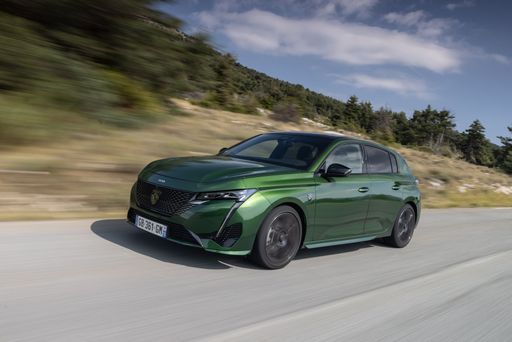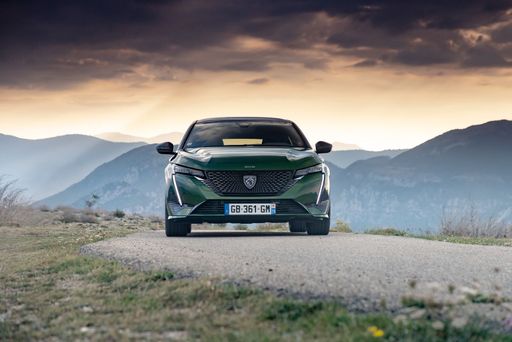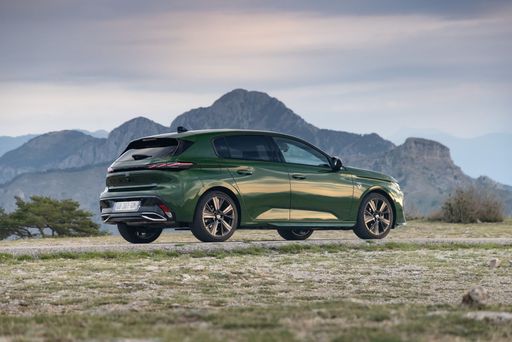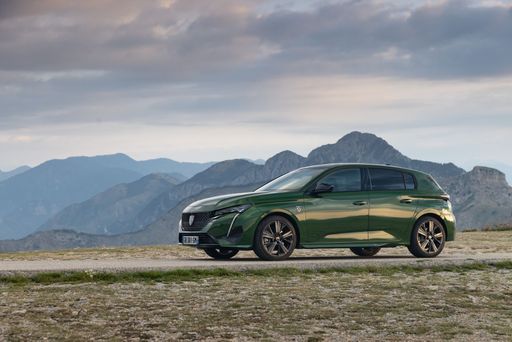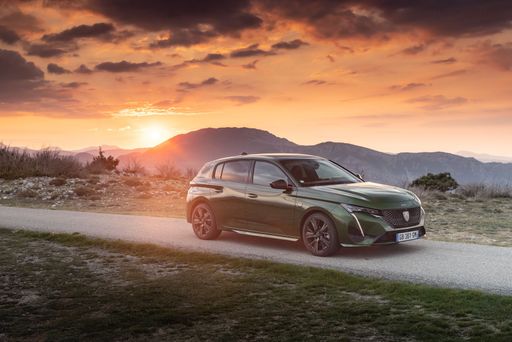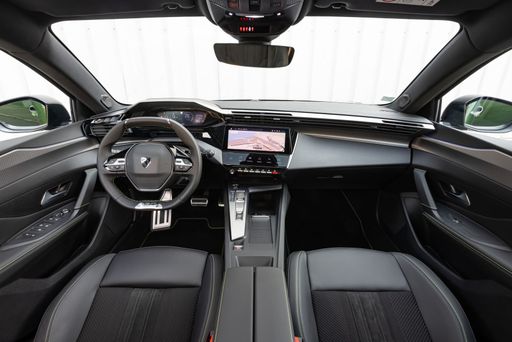Compact Hatchbacks Clash: Hyundai i20 vs Peugeot 308
The subcompact hatchback segment remains fiercely competitive, with the 2024 Hyundai i20 and the Peugeot 308 at the forefront. Each model brings its own set of strengths and innovations, but how do they stack up against each other in terms of features, performance, and overall value? This detailed comparative analysis of the Hyundai i20 and Peugeot 308 aims to provide you with clear insights to make the best decision for your driving needs.

